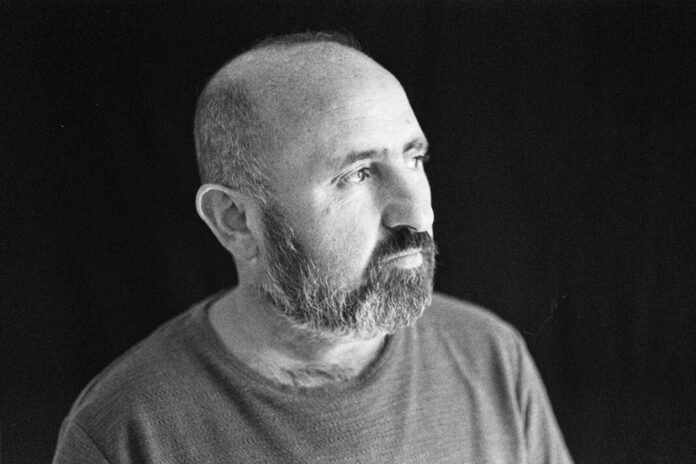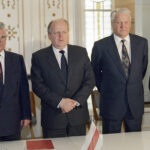Throughout my conscious and professional life, whatever I did had to deal with the Turks and the Azeris, and that’s normal, because that’s our fate. Because you must look at the map and cry, you must say this is such a wicked thing, we are between the Turks and the Azeris, but that’s the truth. And if someone tells me it is possible to have Armenia somewhere far from the Turks and the Azeris, I will say it is simply not.
The Azeris are in my memory from a very young age. My birthplace, Dovegh village in Noyemberyan is right on the border, and we were directly connected with the neighboring village Kamarly (there were acquaintances there)… I remember we were going there to partake in weddings. I also remember the Azeris passing through our village on donkeys to sell tomatoes and cucumbers in the town of Noyemberyan (vegetables ripened soon on their side). I remember the Azeri women on donkeys loaded with sacks․ On their way back, they stopped at our shop with empty sacks and bought sugar․․․ (I wondered why they bought so much sugar)․․․
There are two other cases related to the family story. My aunt’s 40-year-old son was kidnapped by the Azeris near Azerbaijani village Baghanis Ayrum (near the Armenian villages Baghanis and Voskevaz). It was the summer of 1990. We have had no news from him ever since… He was the first among the missing.
Later, I tried to get information from my Azerbaijani colleagues, particularly from Avaz Hasanov who was directly engaged in the issues of captives… He gave me approximate information, which I don’t want to share with anyone.
The second case took place in 1995, when the Turks killed my cousin right on the border, in his garden. They approached him from behind and killed.
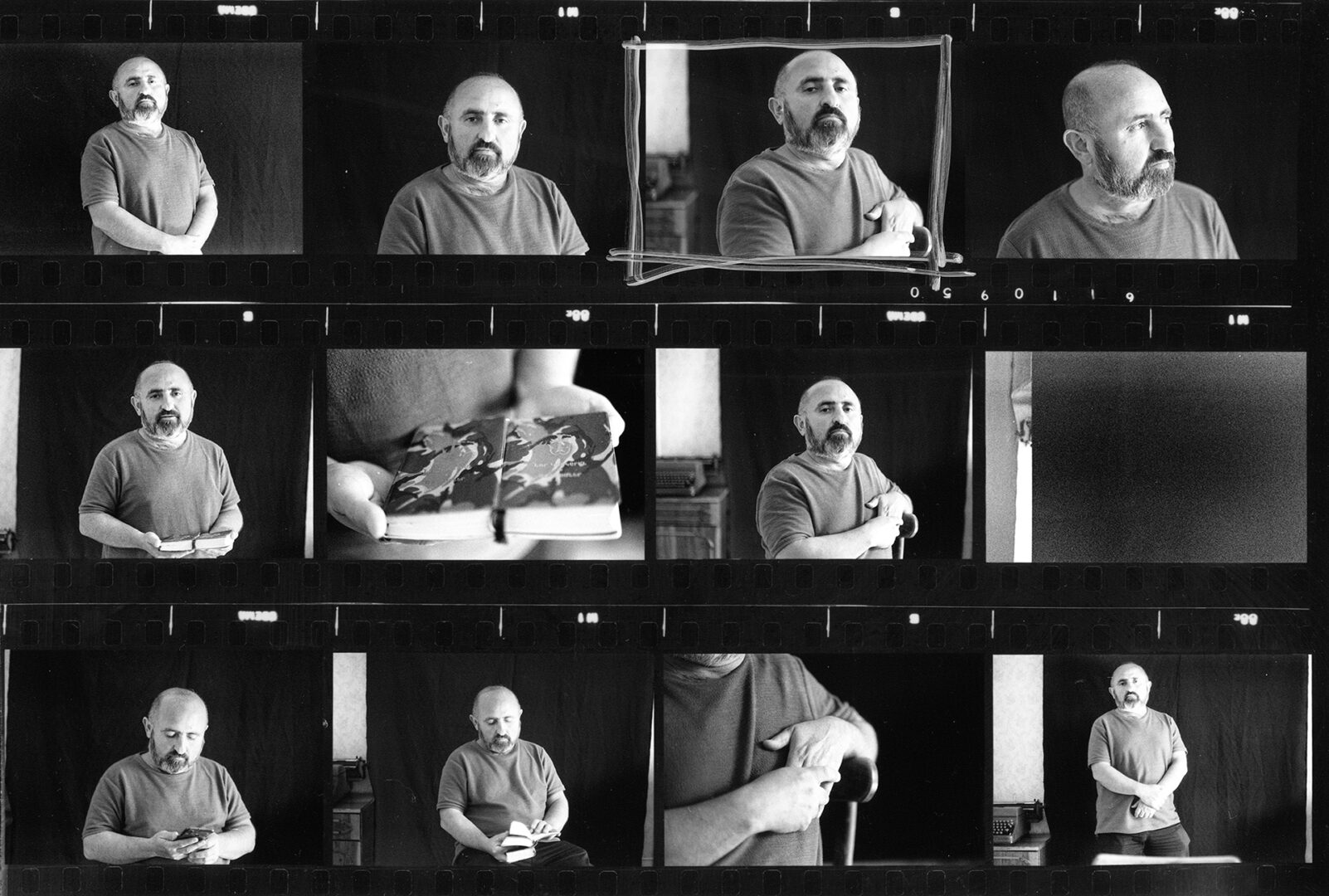
… On the fourth day of the war I understood we had lost.
I was already the witness of dozens of victims and wounded being transported on trucks. I saw it in Hadrut; I also saw the panic, and it became clear that we had lost.
I realized that this was a war we could not win.
After that I kept on writing through different media that we should go for the Lavrov Plan… I remember I made a public post for the first time, which was widely criticized. I wrote that we simply have to work with the Russians and put to life the Lavrov Plan, that is to immediately return the five regions, then the two. People said how I could say such things. But I had a gut feeling, and perhaps that’s why my coverage somehow differed from those of the others.
Already on the 19th, when I was in Syunik, I saw that the Azeris had reached the border. It was obvious what was going on. We had no chance to win. And yes, for that reason, through my Facebook posts I was trying now and again to bring those who had an illusion of victory to their senses. It was hard, because there was pressure from several sides. I knew they cursed me, called me a “traitor”, but I didn’t care at all, because I was there and had a different picture.
I think we, the journalists, also lost this war.
Armenian journalism lost because we were not fearless enough. Now, I blame myself every single day. Yes, I shouldn’t have been scared… And if my colleagues and I worked well, probably the people would start thinking in a sensible way, perhaps there could be other solution, perhaps the loss wouldn’t be so painful… I don’t know… Perhaps it could trigger a faster mobilization of forces; we could better self-organize… We did a terrible job, and I don’t blame the authorities for the bad work, neither do I blame Artsrun, nor the Armenian community of Facebook. I blame ourselves for not having enough courage. Yes, we should have quitted the editorial offices, if needed. We should have worked as freelancers to find a way to convey true information…
Perhaps there wouldn’t be many changes, but at least Armenian society wouldn’t have been shocked, we would have known we were losing and perhaps we would tell Nikol Pashinyan, “Yes, stop the war! Let the guys not die any more…” And maybe it would thus be possible to save Hadrut. Maybe Shushi could be saved by the return of the Azerbaijani people and remain within the territory of Artsakh, rather than being in this shameful situation…
We, the journalists, should have provided true information, we should have worked for the public; instead we became victims of propaganda… The saying that the first victim of war is the truth, was simply proved by this war… It perished in this war, the Armenian truth perished, and we, the journalists, are accountable for that.
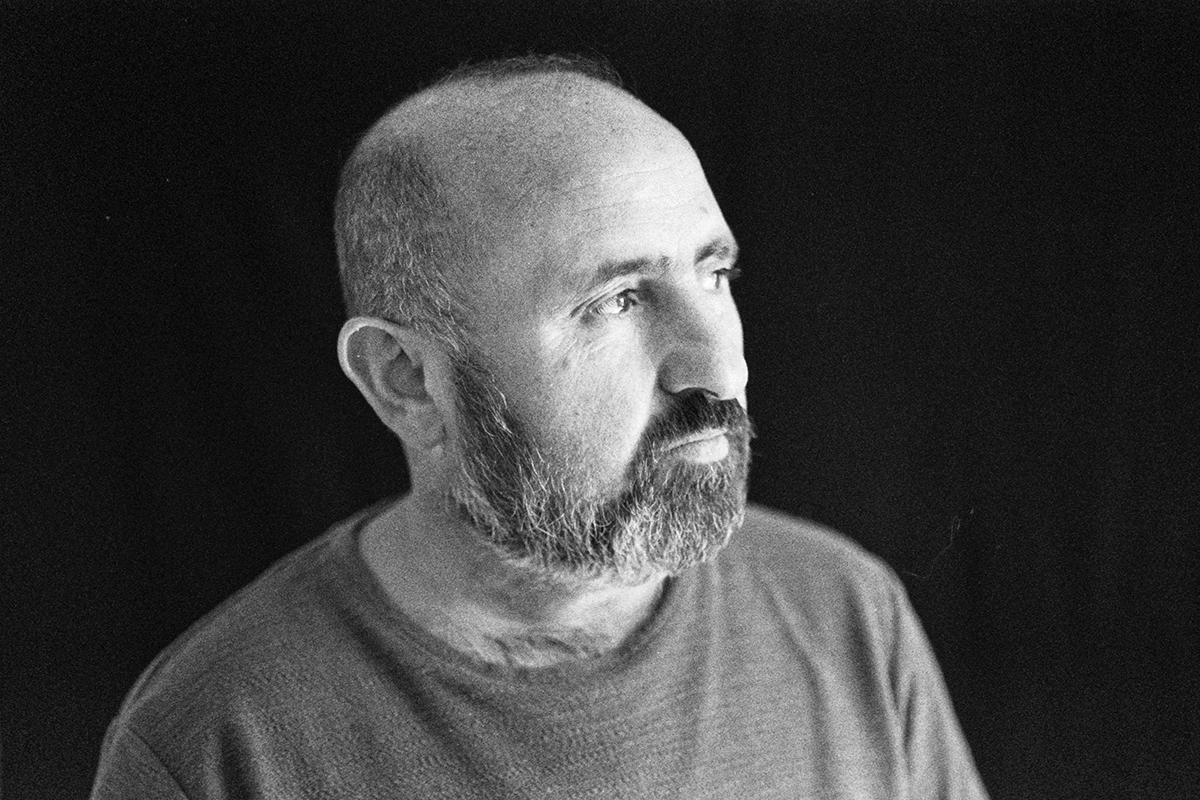
The war changed the course of my life.
Honestly, I had no future plans after the war. My first feeling was that it took thirty years from my life, somebody just seized it, and I was sorry for that life. What could have been done in thirty years…? Little by little, I am now returning to life, but before that I would wake up every morning with a feeling that I have lived my life in vain since 1991… What have I done? I have covered wars, the Karabakh conflict, and the peaceful process…
The second feeling was the absence of plans for the future, which I overcame in the US, when… I will tell you a very funny, surprising thing: the three victories of the Armenian national football team helped me greatly to overcome that feeling (perhaps such small victories are capable of getting us (the people) over trauma).
Being a football fan and an ardent admirer (I also have a football club with children’s teams playing in the Armenian team championship), inspired by the team’s win, I stopped the car (we were in Utah) and almost danced with joy. At that moment, I felt that I overcame the loss.
See, this moment had nothing to do with the battlefield. It was just a small victory for the Armenian national team, but that victory swept away the loss from me.
Now I say it’s not the end of the world.
We lost, we have fallen to our knees, we are disgraced and ashamed before the world for boasting, but I say it is not the end of the world, and it could be worse… Let’s think how we can keep the remaining part of Artsakh, keep Syunik, and the republic of Armenia after all… That is what I live for now. I live to learn and work all day long.
… The most important thing that this war gave me… I used to say this before, but now I can say it out loud, more fearlessly. We, the Armenians, should cherish the sovereignty and independence of the Armenian Republic. We should always think that we can lose it… Now I feel more compassion for Armenia. If we lose the Armenian Republic, I don’t know whether we can ever re-establish it.
Did we have to pay such a cost to understand that we could lose the Republic of Armenia? We paid a very high cost for it. It shouldn’t have been that way, we should have cherished Armenia earlier and always… But we didn’t.
What is left psychologically… I no longer want to meet any Azerbaijani.
Fragments from the past thirty years, which I always used to refer to, are now closed. For instance, the 9th of May is no longer a victory for me, the liberation of Shushi, the topic of a liberated homeland, all of this is closed for me… Because we lost.
… But there is still a ray of hope. I want to re-emphasize that this is not the end of the world; this is not the end of Armenia, and yes we can achieve victories here, on this piece of land which is now 30,000km², where the Armenian soldier stands. This empowers me, an ordinary man, to think of future plans, because as I said, I didn’t have any plans after the war; the future of Armenia and life seemed senseless… And now I have overcome that… I have planted 130 trees this year, 130 new trees.
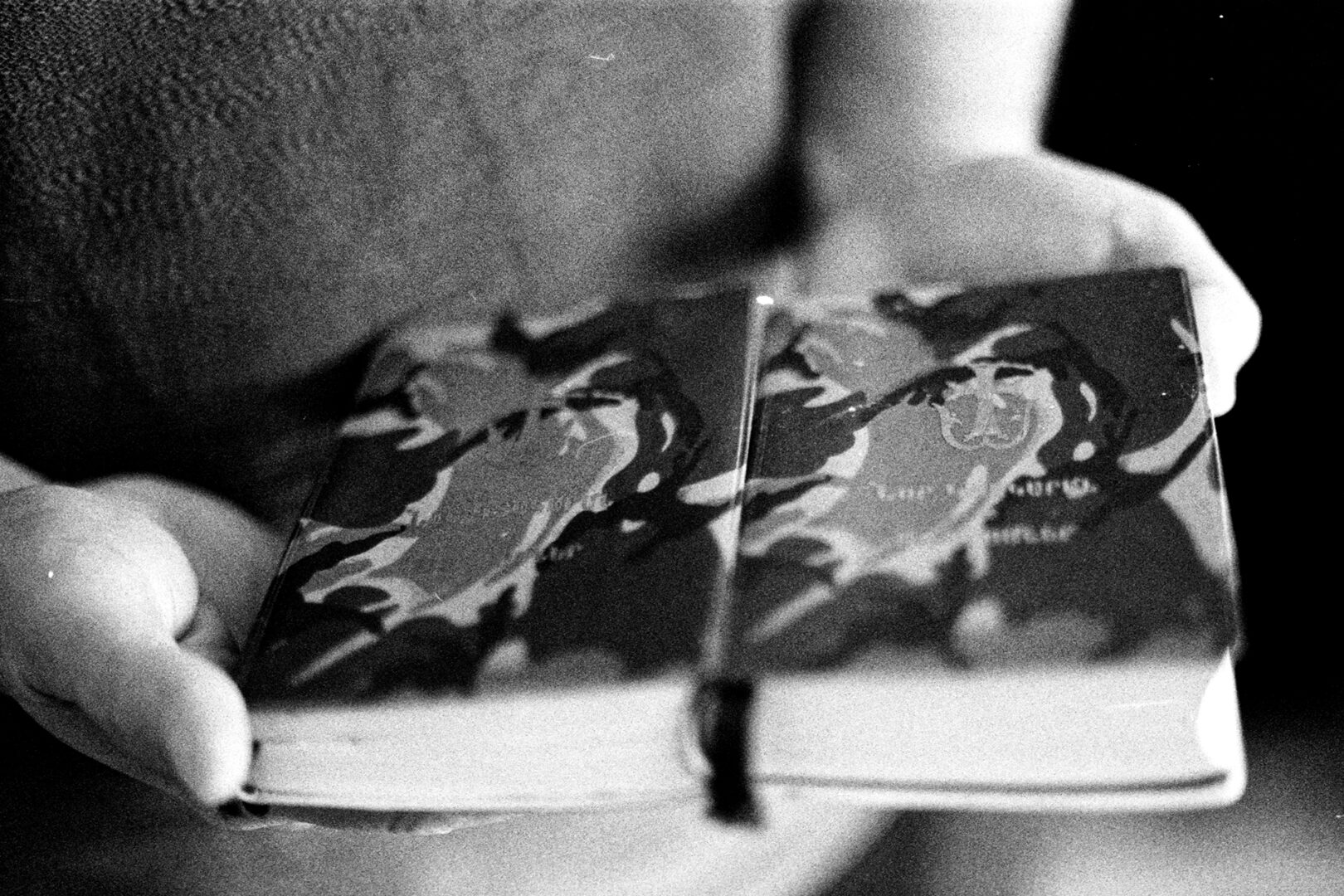
The alternative to war is peace…
If we don’t talk to Turkey and Azerbaijan, Russia or some other state will do that for us, and our interests will be undermined. No matter how hard it will be, we have to talk… I don’t want to become a Diaspora Armenian and to defend the Armenain Cause from Paris, Los Angeles, Sydney, Tehran or Moscow…
My cause is the Republic of Armenia, my cause is the territory where the Armenian soldiers and the frontier troops stand. And accordingly, I take my steps… That is my wish.

